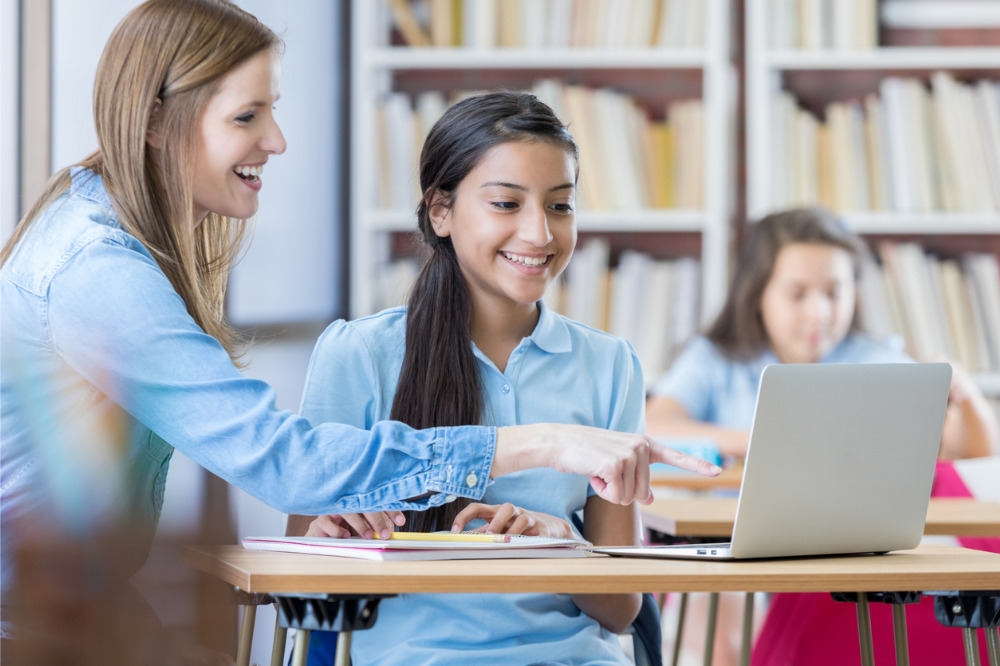
By the time children reach school, there is an expectation that they will enter the classroom equipped with some foundational literacy skills – namely the ability to read and write.
However, this divide between expectation and reality has been particularly noticeable in recent times – and not just in the early years.
According to the latest available NAPLAN data, the writing skills of Year 9 students have gone backwards over the past decade, with some students heading into high school with the reading competency of an early primary student.
Meanwhile, PISA – which governments consider to be a “health check” on student performance –shows the percentage of illiterate 15-year-olds has grown to almost 20%, and that 40% of students are unable to read at what is considered to be a “proficient standard”.
While there has been no shortage of education service providers helping schools lift children’s literacy outcomes, the kind of success this has produced is being seen in pockets rather than the kind of system-wide turn-around schools, policymakers and communities are eager to see.
Tom Richardson is the CEO of LiteracyPlanet, a personalised and interactive online school for all teachers across Australian and New Zealand. He says knowing the impact or efficacy of any learning solution differentiates the best education technologies.
"There’s a great deal of choice available for educators in the interactive learning space now. And that’s a challenge for them and service providers. It’s difficult to know, on face value, how beneficial resources will be for teachers and students,” Richardson told The Educator.
“Showing impact in real-time by bookending learning with diagnostics is the most dynamic and reliable way to assess efficacy and learning outcomes. And that’s where our focus lies at LiteracyPlanet.”
The company is now taking its foundational product that engages students in their own development through personalised journeys of gamified learning and overlaying a new offering called Literacy Check.
“It’s a quick set-up for teachers and after students play targeted activities, it will present data on individual student proficiency. Once areas of improvement are identified, students begin their personalised learning experience to build proficiency,” he said.
Richardson said Literacy Check will be live very soon and will be free and universally available for teachers and schools worldwide.
“We’re so excited to be making this technology accessible to a greater number of students as it will help build more confident students, who enjoy learning and are able to practically apply their new-learned skills throughout their lives,” he said.
“What’s better than knowing your students are improving, and they’re having fun doing it?”


